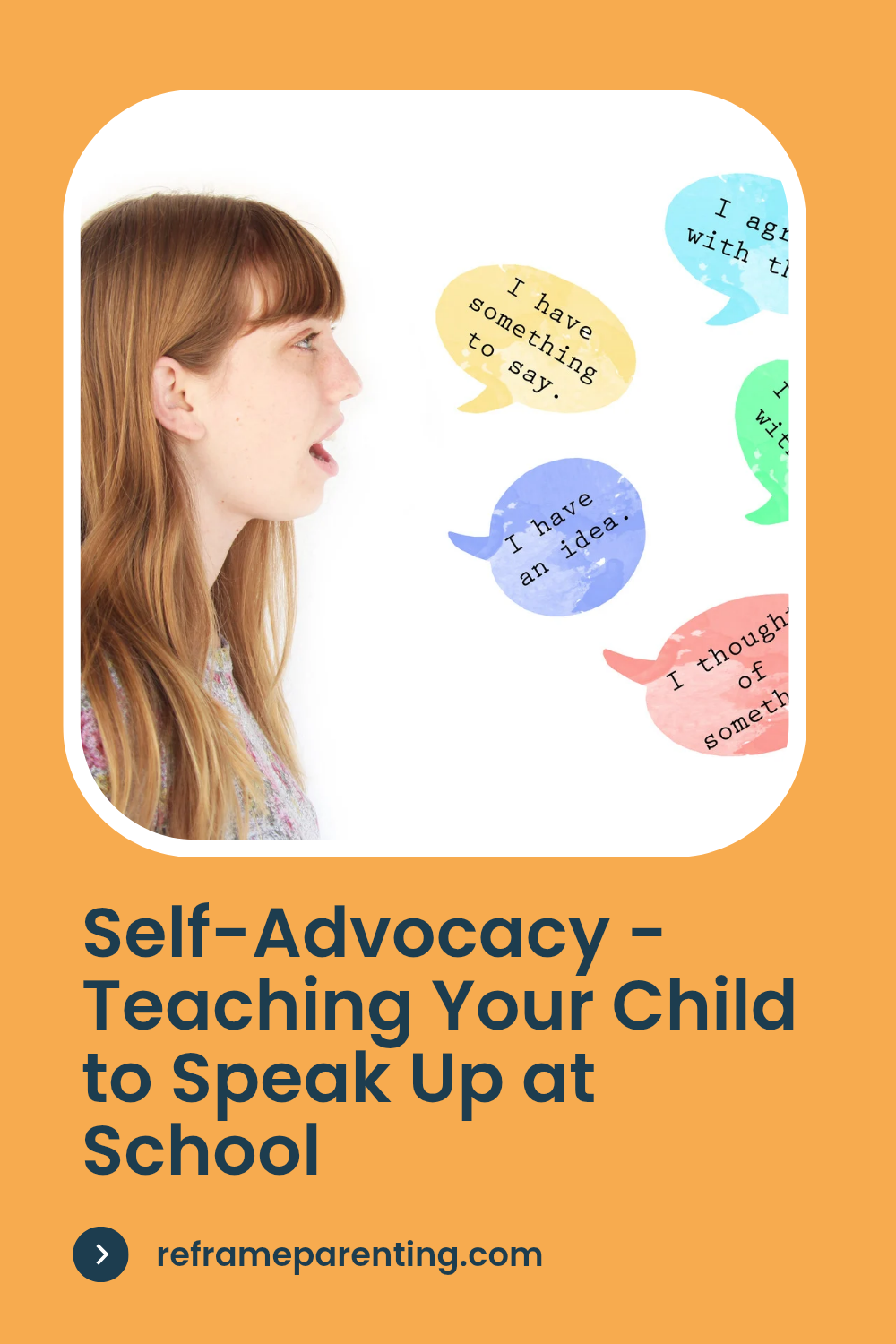Don't Panic Over That Call Or Email From School
The phone rings or an email pops up in your inbox - from your child’s school. A teacher or maybe even the Principal is reaching out to tell you something’s happened. Maybe your child was disruptive, got in a fight, wasn’t on task, or did or said something they shouldn’t have. It could be any of a million different things. It could be the first time or the 100th time you’ve gotten one, but when we see that phone number pop up or that email appear, whew, it can make any parent’s heart race!
I’ve lost count of the number of times I’ve gotten these kinds of messages. And it happened again just the other day. But now I’m prepared and didn’t panic when it popped up in my inbox. After too many years of navigating these choppy school communication waters, I’ve got a solid game plan for how to deal with them. When I went to type this all out, I realized I’ve got way too much to say for one blog post. So here’s the start of a small series dedicated to helping parents like us cope both in the moment and later when we meet with the teachers at school.
What do you do when you get a troubling email or phone call from school?
First steps when you get an email:
Take deep breaths until you can calmly open the email. Reading in a calm state rather than one of panic is super helpful and keeps you from firing off the first thoughts that come to mind.
Sit on it for a little bit - no need to respond right away! If it were a true emergency, they would call, so take time if you need it.
Re-read when you’re ready to make sure you didn’t miss anything the first time.
Look for details. What exactly happened? Are they suggesting what they think needs to happen next?
Think of follow-up questions (more below on what to ask).
Craft your thoughtful reply.
*The goal at this point is to gather information not to argue about what happened.
Are there missing details in what they have told you? Ask for more specifics about timing, who was involved (though don’t expect schools to offer up names of other students), where the incident happened, what should happen next, or the repercussions they are proposing.
Now to draft your reply:
Thank them for letting you know. Leading with kindness and openness lets them know you’re here to collaborate.
Ask your follow up questions to clarify or fill in any gaps
Ask if they’d like to meet to discuss further - either online or in person. You can suggest a meeting too - you don’t have to wait for them to call one. Suggest times that work for you, but try to be flexible knowing that teachers’ schedules are pretty rigid.
Let them know you’ll talk with your child about it and thank them for working with you to resolve the situation.
If it’s a phone call, you’ve got to think on the spot:
Take a deep breath (it’s ok to take a second to compose yourself or even ask to call back later!)
Ask what happened without judgment. You’re gathering info here not snapping to judgment or responding in the heat of the moment. See those questions above for digging into what happened.
Try not to react right away - keep your calm - and just listen at first.
Once you’ve gotten a fuller picture, let them know if you’ve heard anything about this from your child. What did they report to you? Does it vary from what the teacher is reporting?
Ask what they’d like to happen next. Has the situation already been addressed at school? Are there further consequences they are suggesting?
They may ask to meet in person (or via a video call) as follow-up. But you could ask for it too if you feel like it would be helpful or there’s more to figure out here.
Thank them for bringing this to your attention and assure them that you’ve heard their concerns and want to collaborate to make sure this is resolved.
And finally, some of my key tips about school communications:
Try not to be intimidated by the idea of having a meeting with the teacher to discuss what happened. The goal isn’t for anyone to “get in trouble” - the goal is to problem solve and ensure the problem is resolved.
Trust that the teacher wants to support your child and help them be successful at school.
Try not to jump to judgment of your child OR lash out at anyone who suggests your child may have made a mistake or done something wrong. It’s easy for parents to get heated in these situations, but calm heads need to prevail.
A little kindness goes a long way in building a solid relationship with this teacher or administrator. Having them in your corner will make any future communications that much easier.








